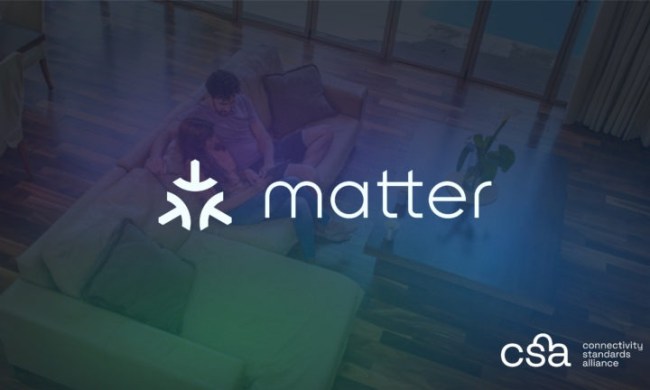Smart speaker digital assistants like Amazon’s Alexa spring into action when you say the wake word. And sometimes when you don’t.
Keen to find out just how susceptible smart speakers are to accidental activations through the mishearing of wake words, a team of researchers from Northeastern University in Massachusetts and Imperial College in London conducted an experiment.
The researchers discovered that unintended activations could occur as many as 19 times a day with regular use, while the longest activations — the amount of time the speaker is alert and recording audio — could last for as long as 43 seconds.
For the study, the researchers used a Google Home Mini first generation speaker (wake word: OK/Hey/Hi Google), an Apple HomePod 1st-gen speaker (wake word: Hey, Siri), a Harman Kardon Invoke (wake word: Cortana), two Amazon Echo Dot 2nd-generation speakers (wake words: Alexa, Amazon, Echo, Computer), and two Amazon Echo Dot 3rd-generation speakers with the same wake words.
Instead of getting people to read from scripts, the experiment set up the speakers to listen to audio from popular TV shows, among them The Office, Big Bang Theory, The West Wing, and Narcos.
While it found no evidence that the smart speakers were in constant recording mode, it did discover that unintended activations occurred “frequently,” with Apple’s HomePod and Cortana devices activating the most, followed by Echo Dot series 2, the Google Home Mini, and Echo Dot series 3.
The team noted that when it repeated the experiment, the erroneous activations wouldn’t always occur with the same words, which it said “could be due to some randomness in the way smart speakers detect wake words, or the smart speakers may learn from previous mistakes and change the way they detect wake words.”
The longest activations occurred with the Echo Dot series 2 and Invoke devices, which lasted for between 20 and 43 seconds, while more than half of the activations with Apple’s HomePod and most of the Echo devices lasted 6 seconds or longer.
As you’d expect, most of the unintended activations were caused by words that rhyme with the wake word, meaning that if you miss the device’s response, you won’t even realize it’s listening.
“Voice assistants … are becoming increasingly pervasive in our homes, offices, and public spaces,” the research team said. “While convenient, these systems also raise important privacy concerns — namely, what exactly are these systems recording from their surroundings, and does that include sensitive and personal conversations that were never meant to be shared with companies or their contractors?”
The researchers point out that these “aren’t just hypothetical concerns from paranoid users,” pointing to a number of recent reports about smart speakers recording audio and companies having humans listen to snippets as part of work to improve the accuracy of the digital assistants. Other more bizarre happenings have also occurred, for example, when an unintended activation of an Amazon Echo speaker led to a private conversation being sent to one of the owner’s contacts.


